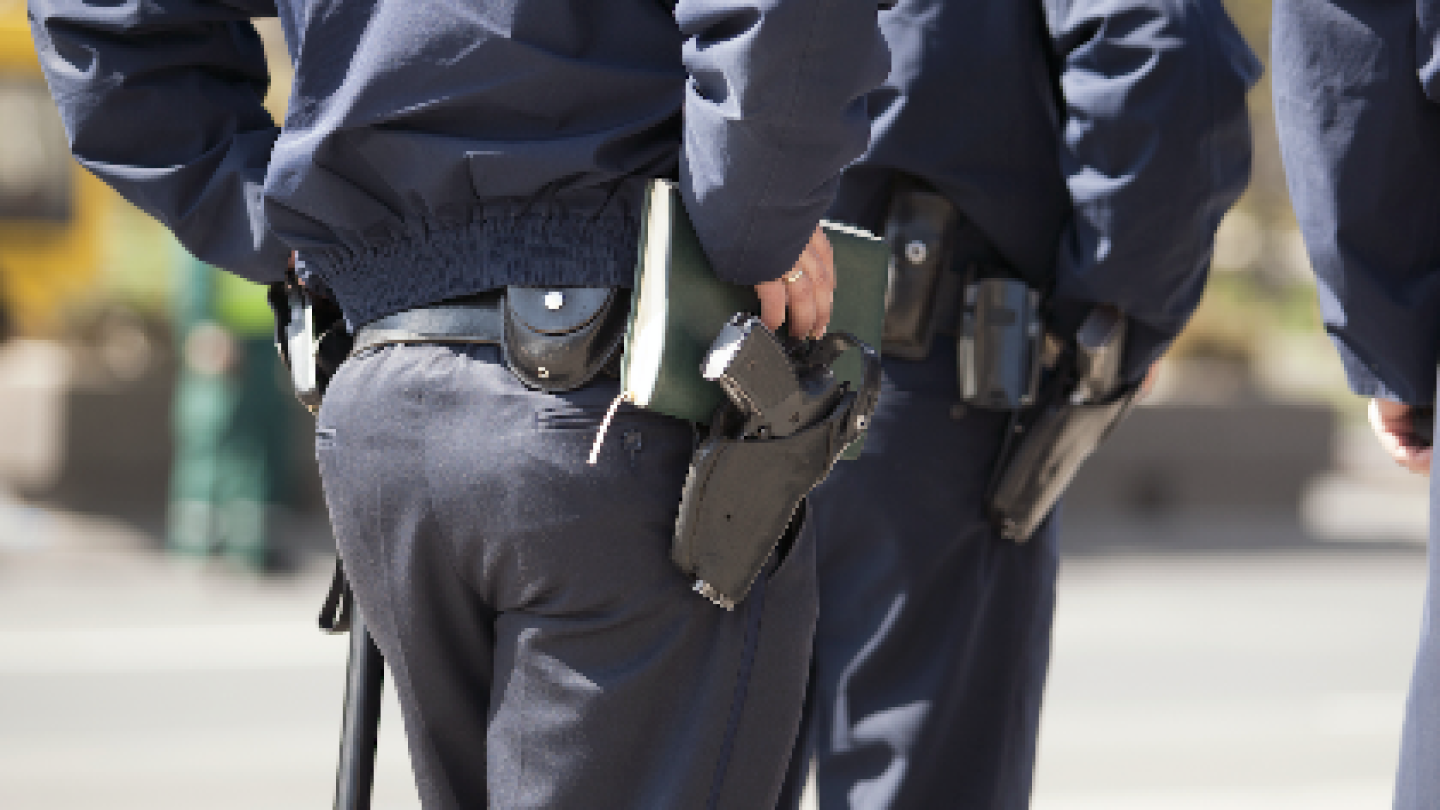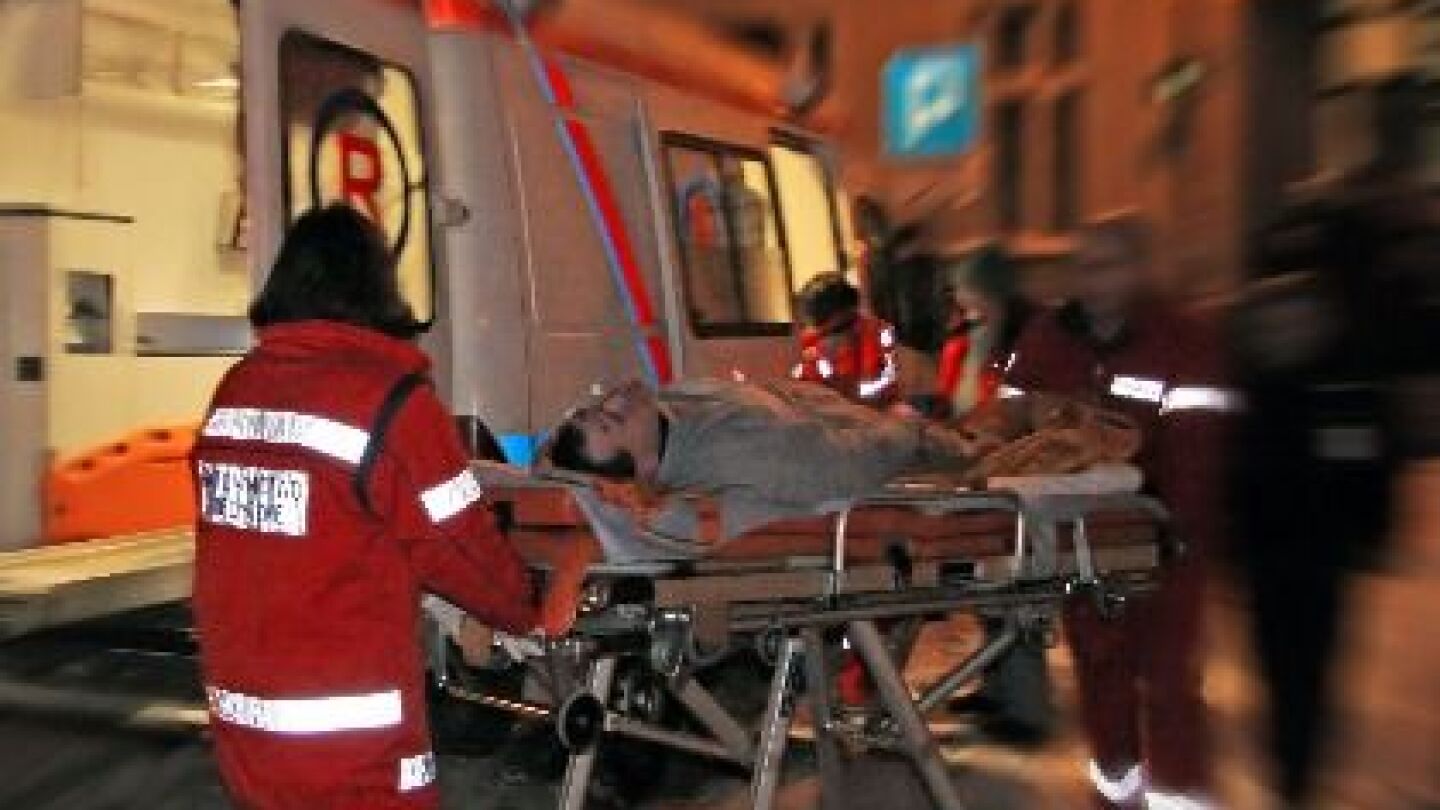In Public Safety (AMU)
In Public Safety features analysis and commentary on issues relating to law enforcement, emergency management, fire services and national intelligence. Articles are authored by leading experts with decades of experience.
Police officers serve their communities in three fundamental ways – as warriors, servants and leaders
Multiple reports have found that military branches continue to fail to submit fingerprint data to the necessary government agencies, jeopardizing public safety
While they may not be using the language of yoga, police firearms instructors are teaching many of the same principles and techniques
To avoid becoming a YouTube star, police officers should aim to be as boring as possible when a member of the public is recording them
The instantaneous air support offered by drones proved indispensable to the Daytona Beach Police Department during the response to Hurricane Irma
CrossFit is a high-intensity fitness program that can improve physical conditioning and versatility, both of which improve police performance
Touch is likely the most important physical activity a law enforcement officer will engage in during their police career
It is imperative that agencies implement strategies to help police officers address the adverse effects of job-related stress
Data collection and analysis techniques currently employed in the intelligence field are paving a new way for agencies to combat human trafficking
In the absence of comprehensive tests for proving or disproving PTSD claims, LE administrators frequently express concerns with fraud and abuse
Cynicism, just like bitterness, can be a personality cancer and ruin your ability to experience true joy and engage in significant relationships
As the stigma of seeking help in the aftermath of trauma dissipates, our “community superheroes” have more and more tools for recovery at their disposal
As the country struggles to make sense of the massacre in Las Vegas, it is important that the needs of those who responded to the scene are not overlooked
As public safety professionals, we tend to do a really great job of helping and comforting others in times of need
Mental health struggles and stress remain among the most prevalent yet unacknowledged issues in policing
Officers should consider the many benefits and uses for de-escalation techniques
While technology has undoubtedly been beneficial for policing, many of these advancements have also had adverse—and often overlooked—impacts on policing
If officers know how their bodies respond to stress, they can actively engage in strategies to combat their negative effects
Sometimes acute stress puts us on our back immediately, whereas at other times, stress hurts us a little at a time
Over time, if occupational stress is not properly managed, officers may experience life-threatening consequences
Considering how many individuals transition between the military and law enforcement, we can begin to understand the high rates of PTSD among police
Those conducting illegal activity on the Darknet are often technologically savvy individuals who are on the lookout for officers
A lot of the time, officers are referring to the stress from their job, but they may not realize how the cause of their stress can be broader than that
Ongoing exposure to trauma can often affect a person’s ability to function both in their personal and professional life
Officers must keep their minds sharp and be able to analyze situations quickly and effectively so that they—and their colleagues—return home safely
Strain that leads to stress occurs through years of traumatic incidents and stressful experiences, which accumulate and often lead to psychological and physical health problems
The financial health of officers is extremely important to help reduce stress, alleviate ethical issues, maintain security clearances, and stop living paycheck-to-paycheck
In addition to new officer transition, the program also matches veteran officers with veteran officers in distress
Immediately after responding to an incident, Critical Incident Stress Team members start discussions with first responders about what to expect, both physically and mentally
High-crisis incidents can overwhelm normal coping mechanisms and trigger traumatic-stress disorders for first responders
Many officers take the stress they experience from their job back to their home lives, which can cause even more turmoil
Having a positive attitude not only improves your mood, but it has health benefits as well
Situations can cause immense levels of stress and, over the years, can take a significant toll on an officer’s physical and mental well-being
MOST POPULAR
- How illegal synthetic drugs are prompting amendments to federal sentencing guidelines
- How gangs are using drones to disrupt law enforcement
- How DNA on an ancestry site identified the Golden State Killer
- How sleeping well enhances police performance
- In the post-9/11 world, military and police merge in the fight against terror



































